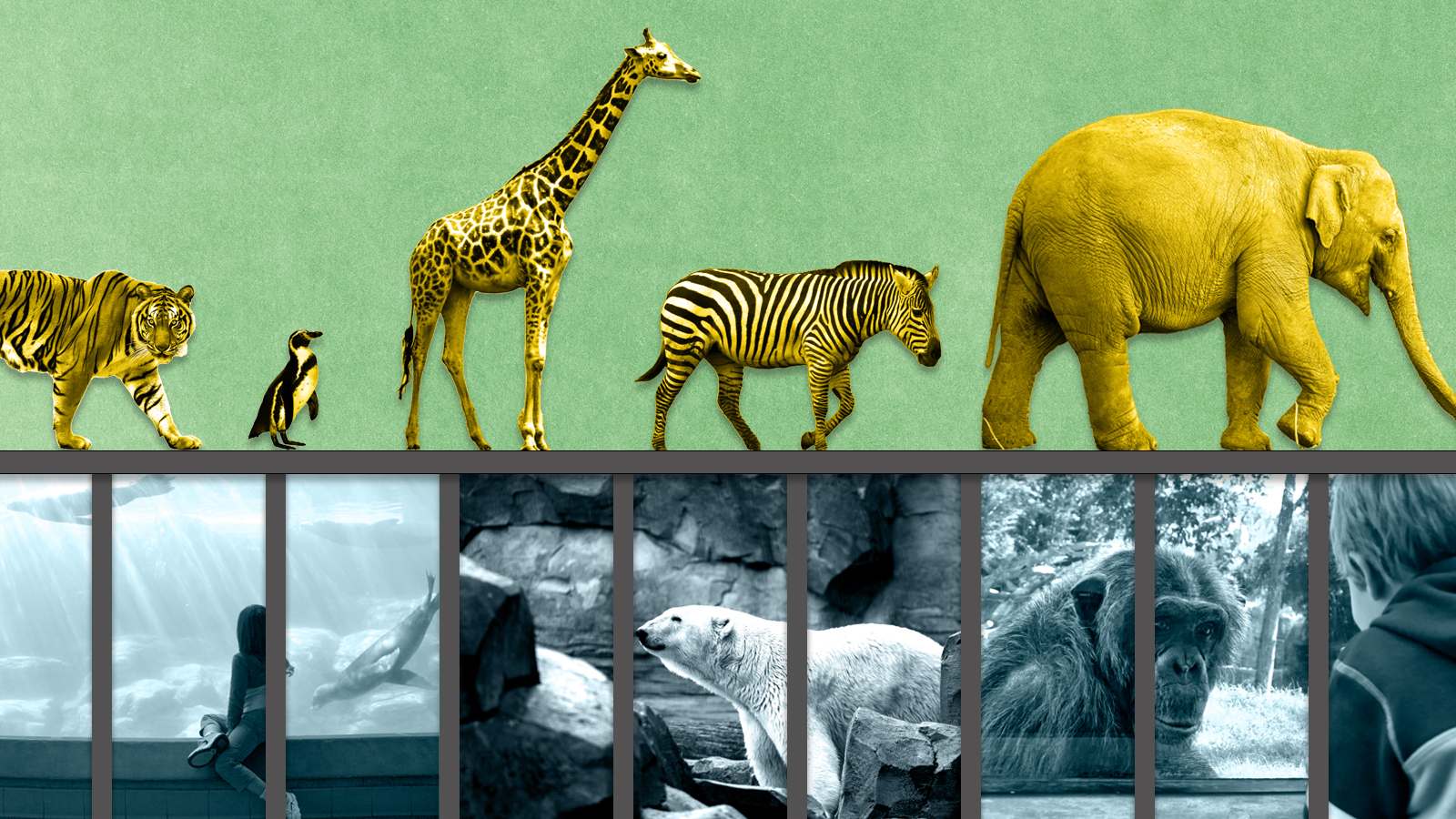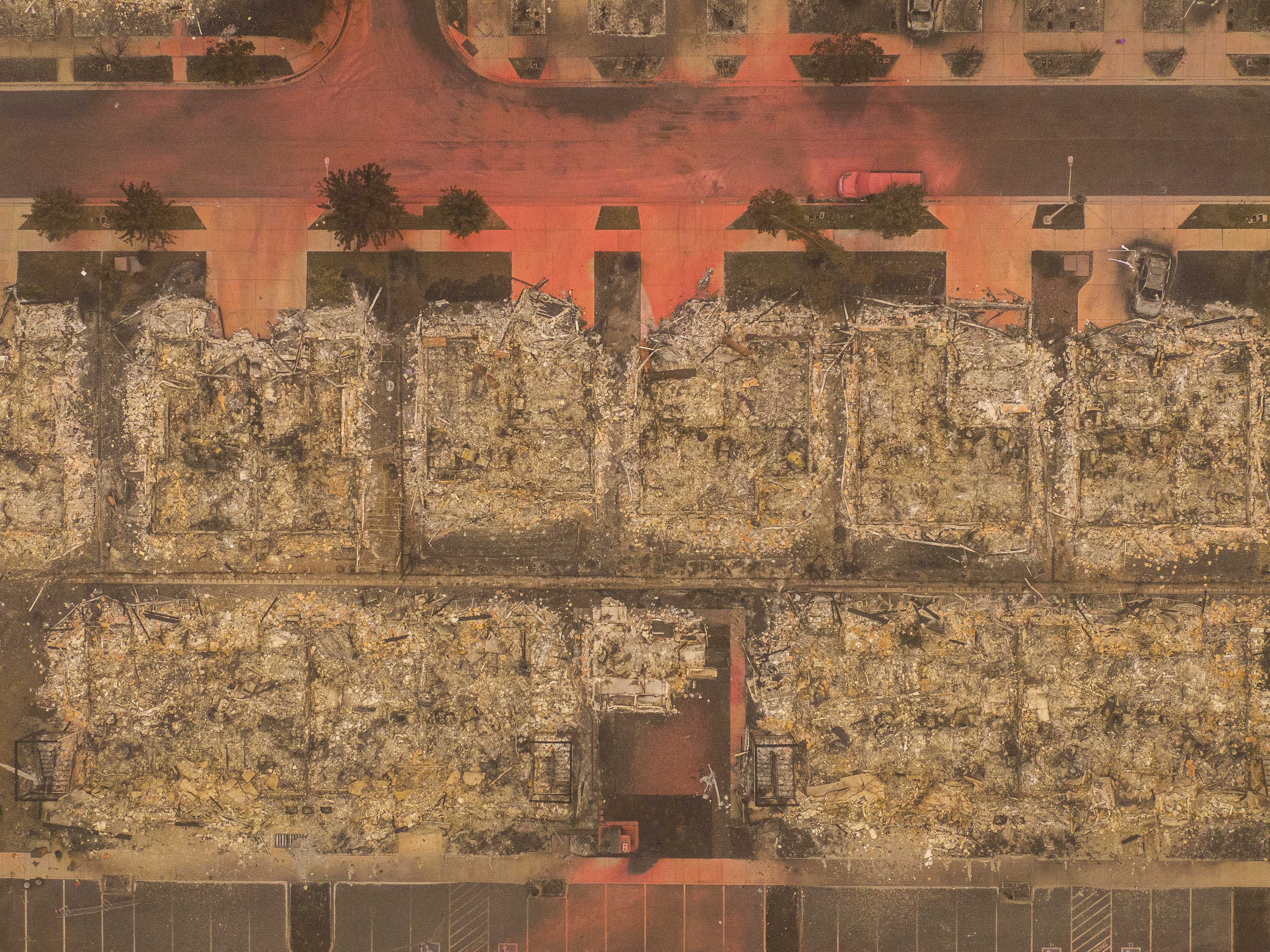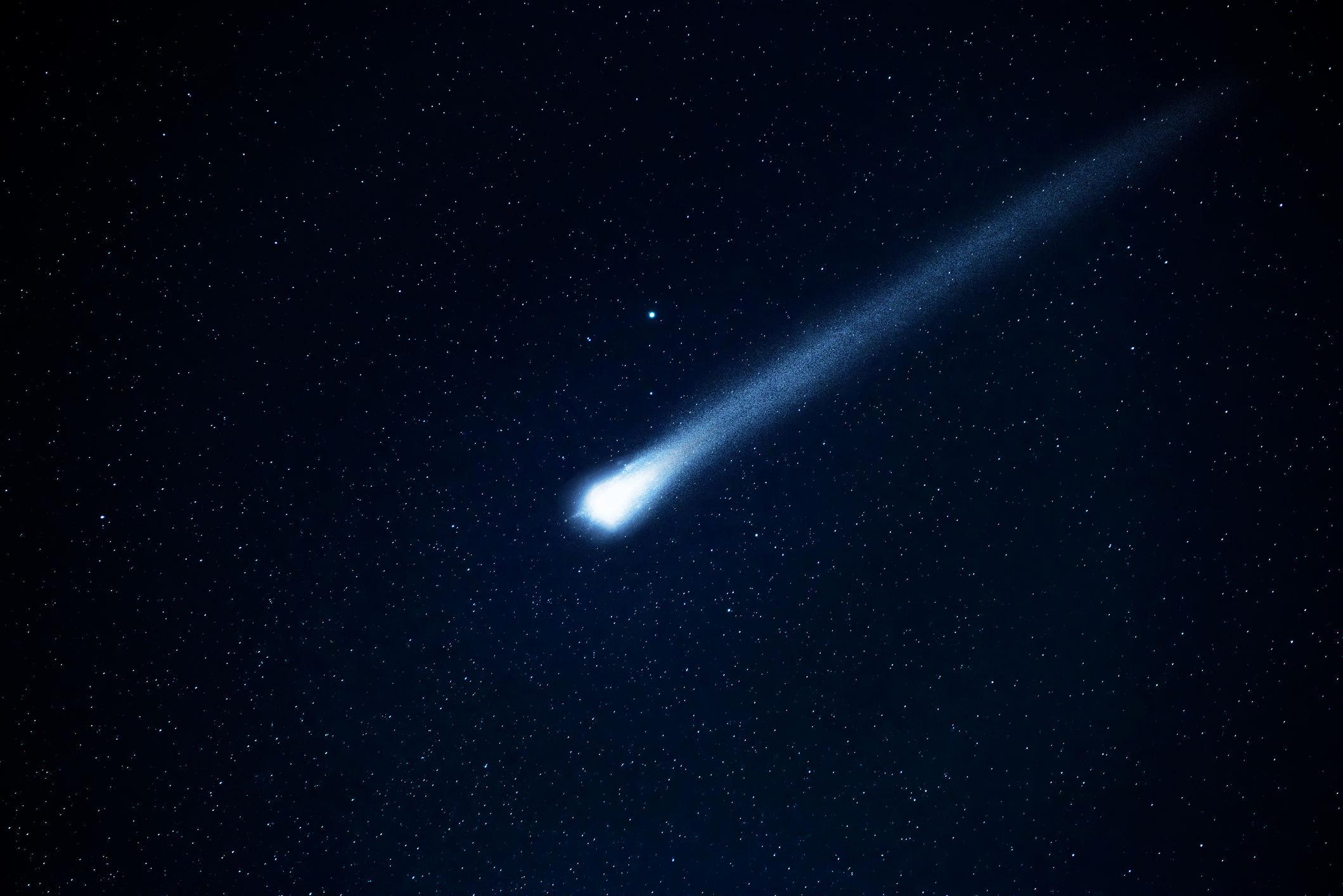How the harm of climate change could explode exponentially down the road
A deep dive into the physics of nonlinear feedbacks


A free daily email with the biggest news stories of the day – and the best features from TheWeek.com
You are now subscribed
Your newsletter sign-up was successful
About two years ago there was a a political flap about something called "climate sensitivity." Roughly speaking, this is how much global temperature will increase given a certain quantity of greenhouse gas emissions. A low sensitivity means it takes relatively more emissions to increase temperatures, a high sensitivity means the opposite.
Back then, there was a lot of talk about the global warming "pause," since the rise in atmospheric temperatures seemed to have slowed, suggesting that sensitivity might be lower than previously thought. Conservative and centrist writers like Will Wilkinson, Ross Douthat, and Clive Crook seized on this as evidence that climate hawks were mistaken, and that the case for climate policy had been dramatically weakened.
Their analysis was obviously flawed, an error that has only become more glaring after 2014 was measured as the warmest year on record, and with 2015 looking set to beat it handily. Yet there is another reason to return to climate sensitivity, brought up in a recent paper in Geophysical Research Letters. The paper's authors ask: What if there are hidden time bombs in the way that climate sensitivity works? The answer should inform how we think about climate risks.
The Week
Escape your echo chamber. Get the facts behind the news, plus analysis from multiple perspectives.

Sign up for The Week's Free Newsletters
From our morning news briefing to a weekly Good News Newsletter, get the best of The Week delivered directly to your inbox.
From our morning news briefing to a weekly Good News Newsletter, get the best of The Week delivered directly to your inbox.
The paper, by Jonah Bloch-Johnson, Raymond T. Pierrehumbert, and Dorian S. Abbot, is about nonlinear feedbacks. That's not as complicated as it sounds. Most climate models assume that climate sensitivity is linear — that is, temperature will always move proportionally to the greenhouse gases added. In a linear model, if the carbon dioxide concentration doubles, then the temperature would increase by twice some constant.
However, it could be that sensitivity is not linear — meaning the temperature response to a given change in greenhouse gases could be more than simply proportional (or less). Essentially, the authors assume climate sensitivity has a quadratic factor, and imagine what happens:
-ΔF = λΔT + αΔT2
Don't worry about the overall equation, the αΔT2 is the important part. It's basically a fudge factor for the actual nonlinear mechanisms, such as water vapor, and T stands for temperature. Depending on the α, it could seriously change the overall climate behavior. As greenhouse gas concentrations increase, a negative α would make the sensitivity smaller, while a positive one would make it larger.
A free daily email with the biggest news stories of the day – and the best features from TheWeek.com
It's important to note that nonlinearity wouldn't be visible until we have a lot more data on temperature increases. Just like how y=x2 looks pretty straight between x=0 and x=1, any nonlinear factor wouldn't be visible for years, when the curve will start bending.
So why does this matter, if we can't even measure nonlinearity yet? It's true, if this were an anodyne scientific topic — the mating behavior of frogs or something — then it wouldn't be of much import to society or politicians. However, this could potentially be of great importance, since extreme climate change poses a huge threat to world society.
It matters because a large positive α would be an absolute catastrophe. If we're assuming that sensitivity is linear, and therefore that we have a certain amount of running room to emit carbon dioxide before we hit the danger zone, a large α would mean that some or all of that running room is an illusion. We'd go on emitting, and then we'd discover that temperature was increasing much faster than we thought it would.
In other words, this is about risk management. The possibility of nonlinear feedbacks means we should raise our estimate of the likelihood of catastrophic climate change somewhat, and plan accordingly. Even when a great danger is unlikely, it's still worth taking steps to avoid it.
Ryan Cooper is a national correspondent at TheWeek.com. His work has appeared in the Washington Monthly, The New Republic, and the Washington Post.
-
 6 of the world’s most accessible destinations
6 of the world’s most accessible destinationsThe Week Recommends Experience all of Berlin, Singapore and Sydney
-
 How the FCC’s ‘equal time’ rule works
How the FCC’s ‘equal time’ rule worksIn the Spotlight The law is at the heart of the Colbert-CBS conflict
-
 What is the endgame in the DHS shutdown?
What is the endgame in the DHS shutdown?Today’s Big Question Democrats want to rein in ICE’s immigration crackdown
-
 Are zoos ethical?
Are zoos ethical?The Explainer Examining the pros and cons of supporting these controversial institutions
-
 Will COVID-19 wind up saving lives?
Will COVID-19 wind up saving lives?The Explainer By spurring vaccine development, the pandemic is one crisis that hasn’t gone to waste
-
 Coronavirus vaccine guide: Everything you need to know so far
Coronavirus vaccine guide: Everything you need to know so farThe Explainer Effectiveness, doses, variants, and methods — explained
-
 The climate refugees are here. They're Americans.
The climate refugees are here. They're Americans.The Explainer Wildfires are forcing people from their homes in droves. Where will they go now?
-
 Coronavirus' looming psychological crisis
Coronavirus' looming psychological crisisThe Explainer On the coming epidemic of despair
-
 The growing crisis in cosmology
The growing crisis in cosmologyThe Explainer Unexplained discrepancies are appearing in measurements of how rapidly the universe is expanding
-
 What if the car of the future isn't a car at all?
What if the car of the future isn't a car at all?The Explainer The many problems with GM's Cruise autonomous vehicle announcement
-
 The threat of killer asteroids
The threat of killer asteroidsThe Explainer Everything you need to know about asteroids hitting Earth and wiping out humanity
